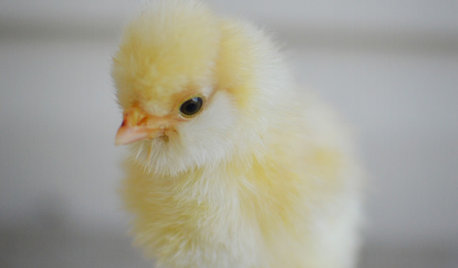newbie, help needed!
jtguitar
13 years ago
Related Stories

LIFEDecluttering — How to Get the Help You Need
Don't worry if you can't shed stuff and organize alone; help is at your disposal
Full Story
HOUSEKEEPINGWhen You Need Real Housekeeping Help
Which is scarier, Lifetime's 'Devious Maids' show or that area behind the toilet? If the toilet wins, you'll need these tips
Full Story
ORGANIZINGGet the Organizing Help You Need (Finally!)
Imagine having your closet whipped into shape by someone else. That’s the power of working with a pro
Full Story
KITCHEN DESIGNDesign Dilemma: My Kitchen Needs Help!
See how you can update a kitchen with new countertops, light fixtures, paint and hardware
Full Story
GARDENING GUIDESYou Don't Need Prairie to Help Pollinators
Woodlands, marshes, deserts — pollinators are everywhere
Full Story
PETSWhat You Need to Know Before Buying Chicks
Ordering chicks for your backyard coop? Easy. But caring for them requires planning and foresight. Here's what to do
Full Story
8 Ways Dogs Help You Design
Need to shake up a room, find a couch or go paperless? Here are some ideas to chew on
Full Story
DECORATING GUIDESSlow Design: Today's 'Wabi-Sabi' Helps Us Savor the Moment
Learn about the design movement that's aiming to satisfy our real needs, leaving materialism in the past
Full StorySponsored








Kimmsr
dchall_san_antonio
Related Professionals
Manorville Landscape Architects & Landscape Designers · Aurora Landscape Contractors · Andover Landscape Contractors · Byram Landscape Contractors · Centereach Landscape Contractors · Fort Payne Landscape Contractors · North Richland Hills Landscape Contractors · Panama City Beach Landscape Contractors · Plymouth Landscape Contractors · 07920 Landscape Contractors · Brenham Driveway Installation & Maintenance · Eatontown Swimming Pool Builders · Syracuse Fence Contractors · Millbrae Fence Contractors · Woodinville Fence Contractorseretsaw644
jtguitarOriginal Author
dchall_san_antonio
Kimmsr
dchall_san_antonio